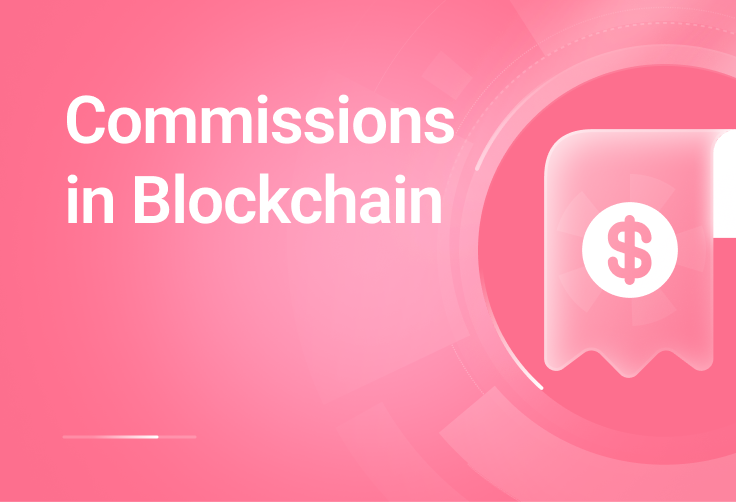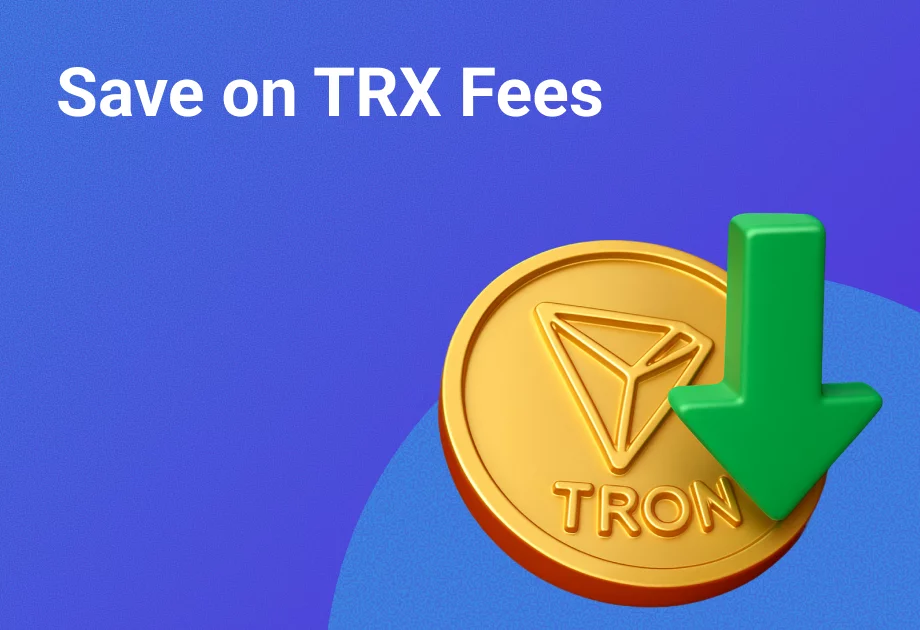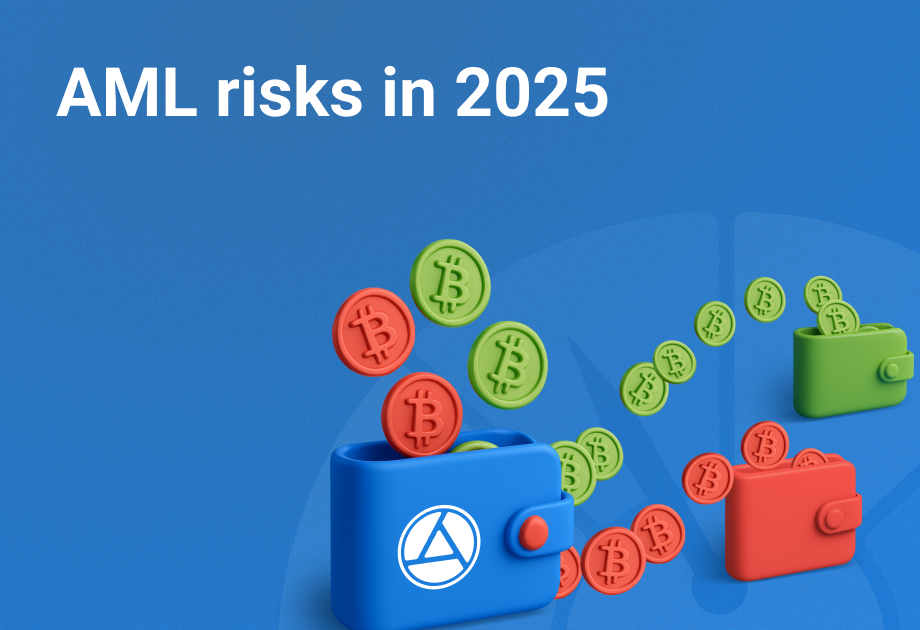Understanding Cryptocurrency Transaction Fees: A Comprehensive Guide
Who receives the rewards for processing crypto payments, and why, if there is no owner of the blockchain? How can you pay less for transactions?

Cryptocurrency Transaction Fees
Cryptocurrency offers a fast and convenient way to transfer funds, but one of the key questions businesses face is how much it actually costs. The online payment processing fees vary depending on the blockchain being used, and in some cases, it can be confusing as to why you need to pay at all, especially when blockchains are decentralized. This article will explore how payment fees work in cryptocurrency transactions, explain who receives them, and share tips on how businesses can reduce these costs.
Who Receives the Fees for Crypto Transactions?
The fee is collected by those who validate the transactions: miners or validators. The former operates in blockchains using the Proof-of-Work consensus mechanism, while the latter works in networks with Proof-of-Stake.
A consensus mechanism is the process by which network participants agree on which transactions are valid. Regardless of the mechanism, both miners and validators confirm transactions within blockchains, and they don’t do this for free. This is why a payment processing costs you money.
In Proof-of-Work blockchains, the reward goes to the participant who "works the most" by unlocking the next block in the chain faster. This process is highly energy-intensive, as it involves a competition of computing power among miners.
In Proof-of-Stake networks, to unlock a new block, the validator must lock their tokens in the network (a process called staking). The larger the amount of assets staked, the greater the chance of opening a new block and receiving a reward. Essentially, it’s not about "working harder" but accumulating more crypto. This method is far more energy-efficient and doesn't require increasing amounts of power to unlock new blocks.
What Influences the Cost of Payment Processing?
Now that we understand why payment processing fee exists, let’s look at what determines the transaction fee. The fee amount depends on the blockchain you choose. In some networks, like Bitcoin, the fee is fixed, while in others, like Ethereum, it fluctuates. In both cases, users can manually offer a higher fee for transaction confirmation to speed up the transfer process.
In networks where fees fluctuate, the cost of a transaction largely depends on network congestion. The more users trying to send funds at the same time, the more expensive it becomes for each participant. For example, during high-traffic periods, transaction fees in the Ethereum blockchain have reached up to $30, while on average days, they tend to be around $1.
Optimizing Fees for Your Business
Businesses that deal with frequent cryptocurrency transactions may be looking for ways to reduce costs. Timing is everything—transacting during off-peak hours can significantly lower fees. However, tracking network congestion to find the best time to make a transaction is not always practical.
That’s where automation tools like those offered by BitHide come in. BitHide allows users to automate withdrawals and schedule transactions to occur when fees are at their lowest, helping to minimize costs. With features like this, the cost of payment gateway quickly pays for itself by providing a combination of effective crypto management and multi-level security that safeguards assets and sensitive data.
Conclusion
To sum up, transaction fees are essential to the operation of blockchains, as they incentivize miners and validators to confirm transactions. The amount you pay depends on the blockchain's current load and the fee structure of that particular network. To reduce fees, try transacting during less busy times and use automated tools to streamline the process.


